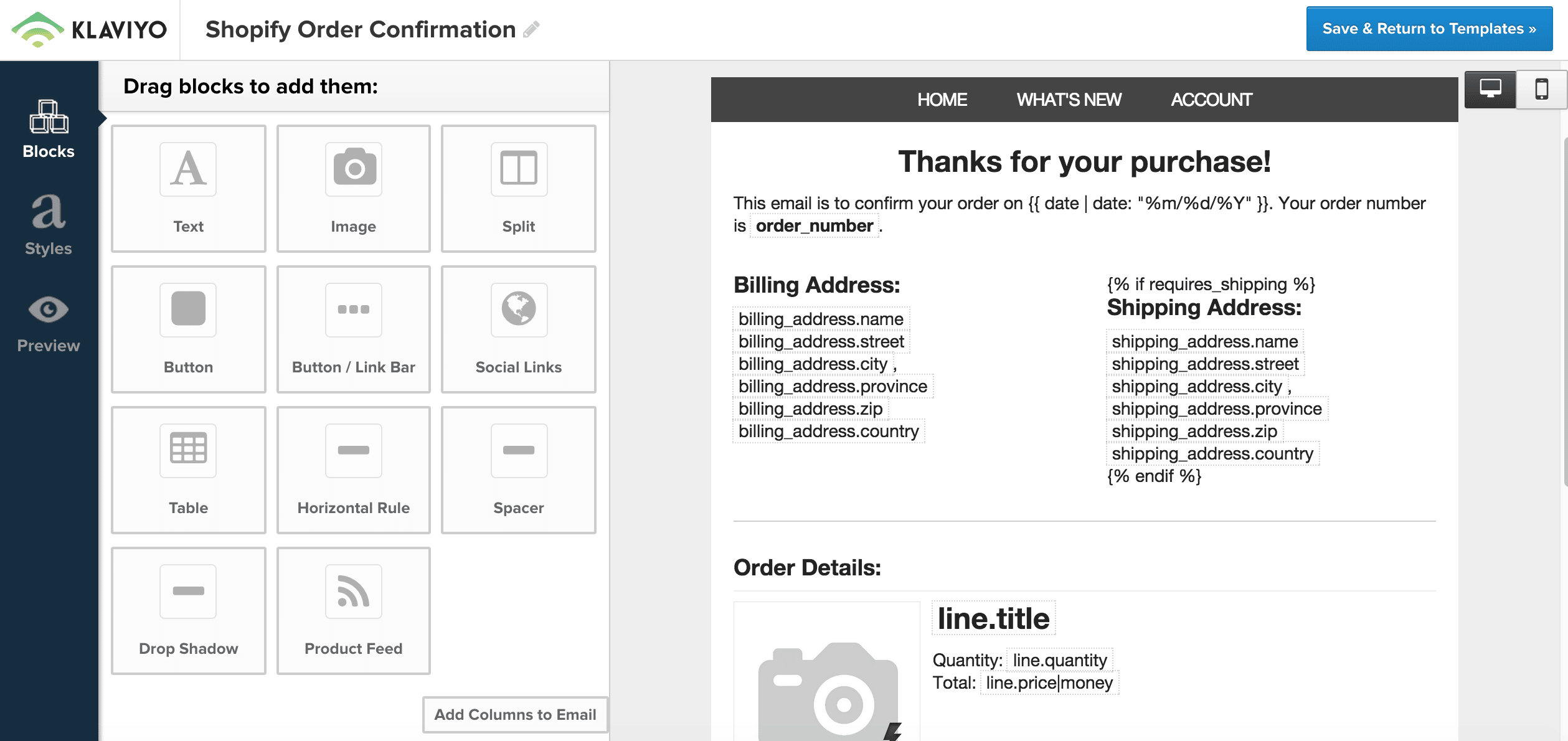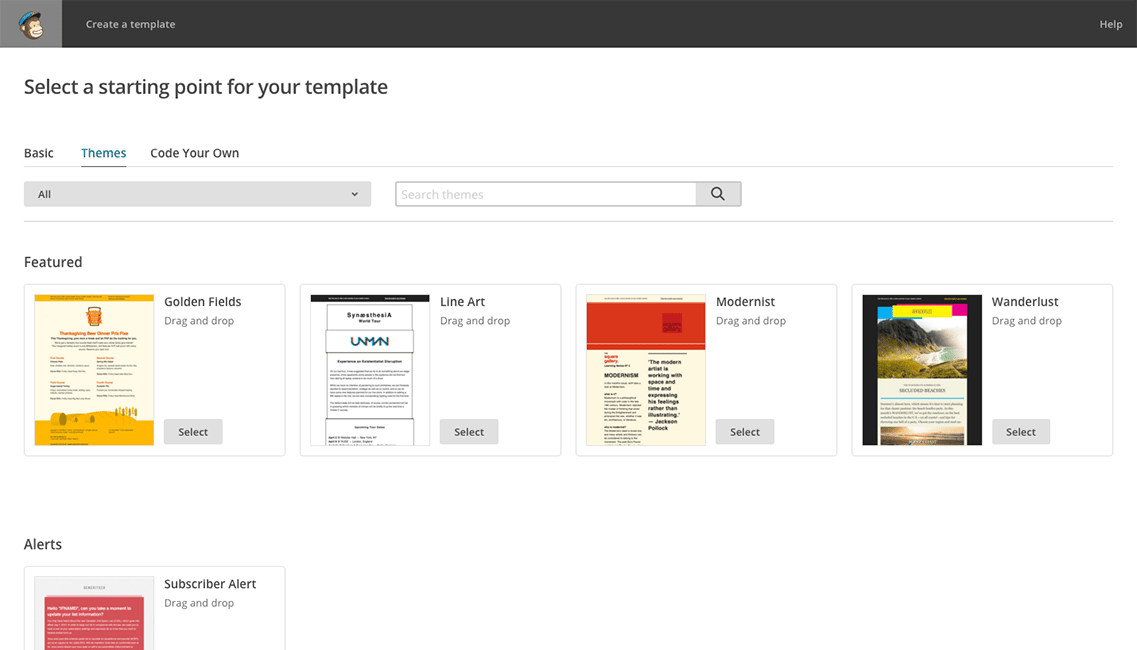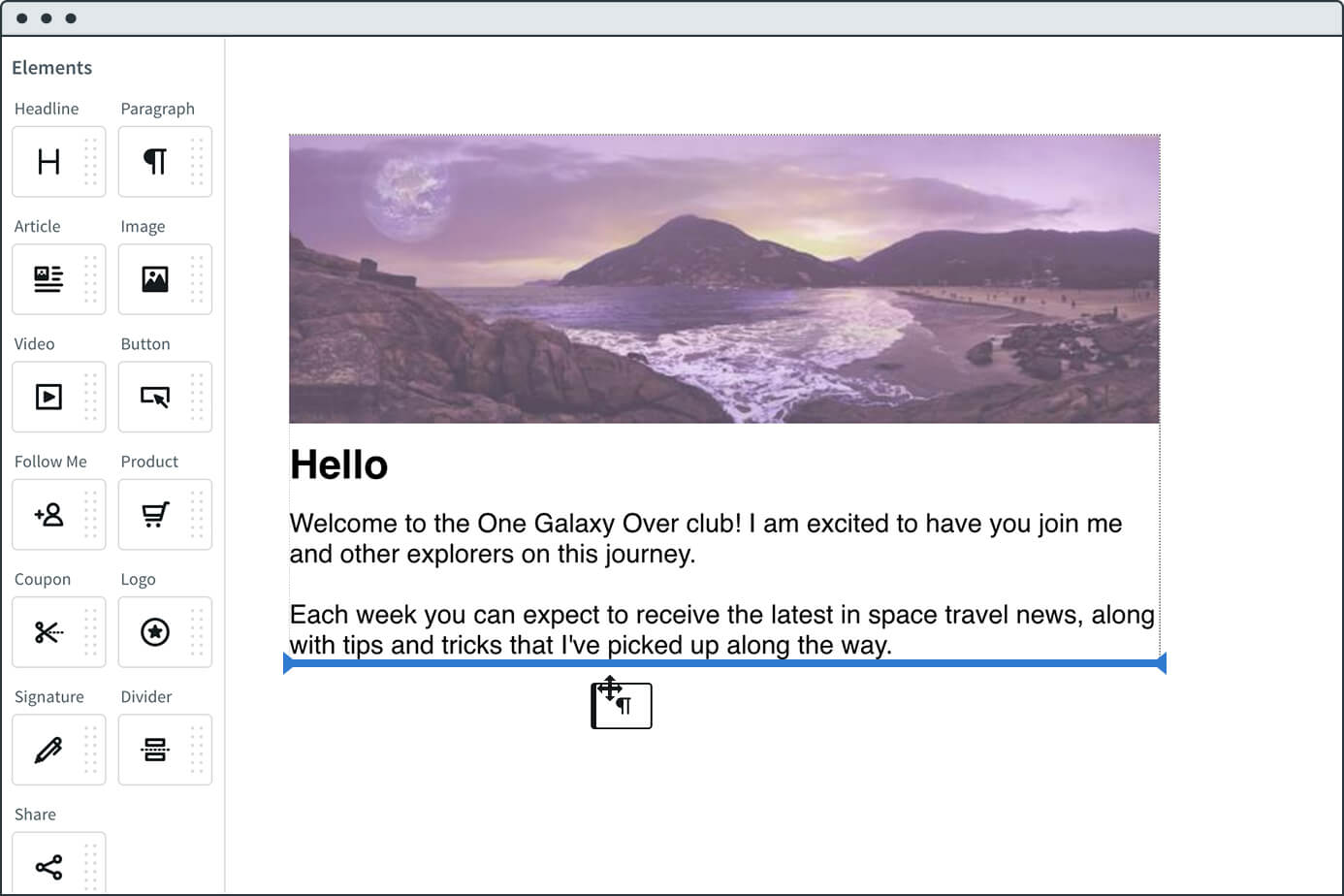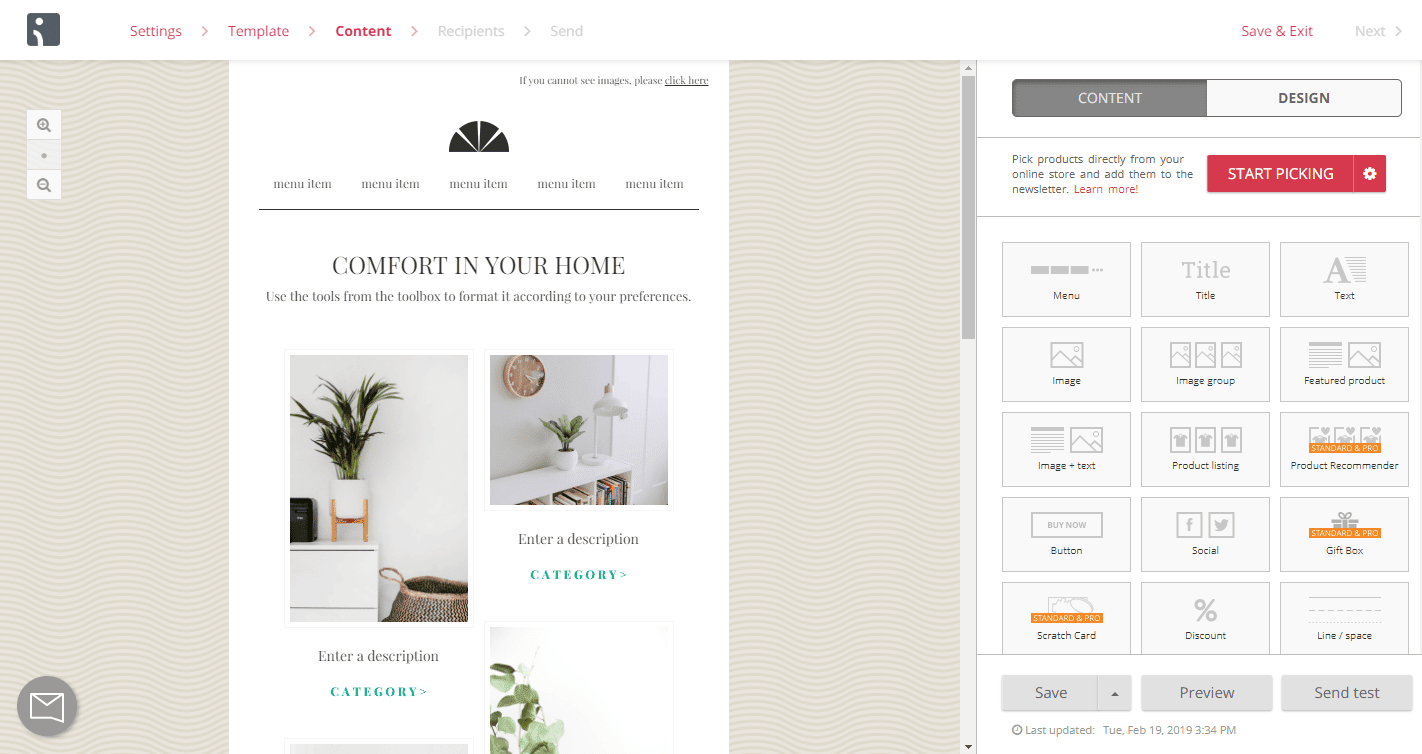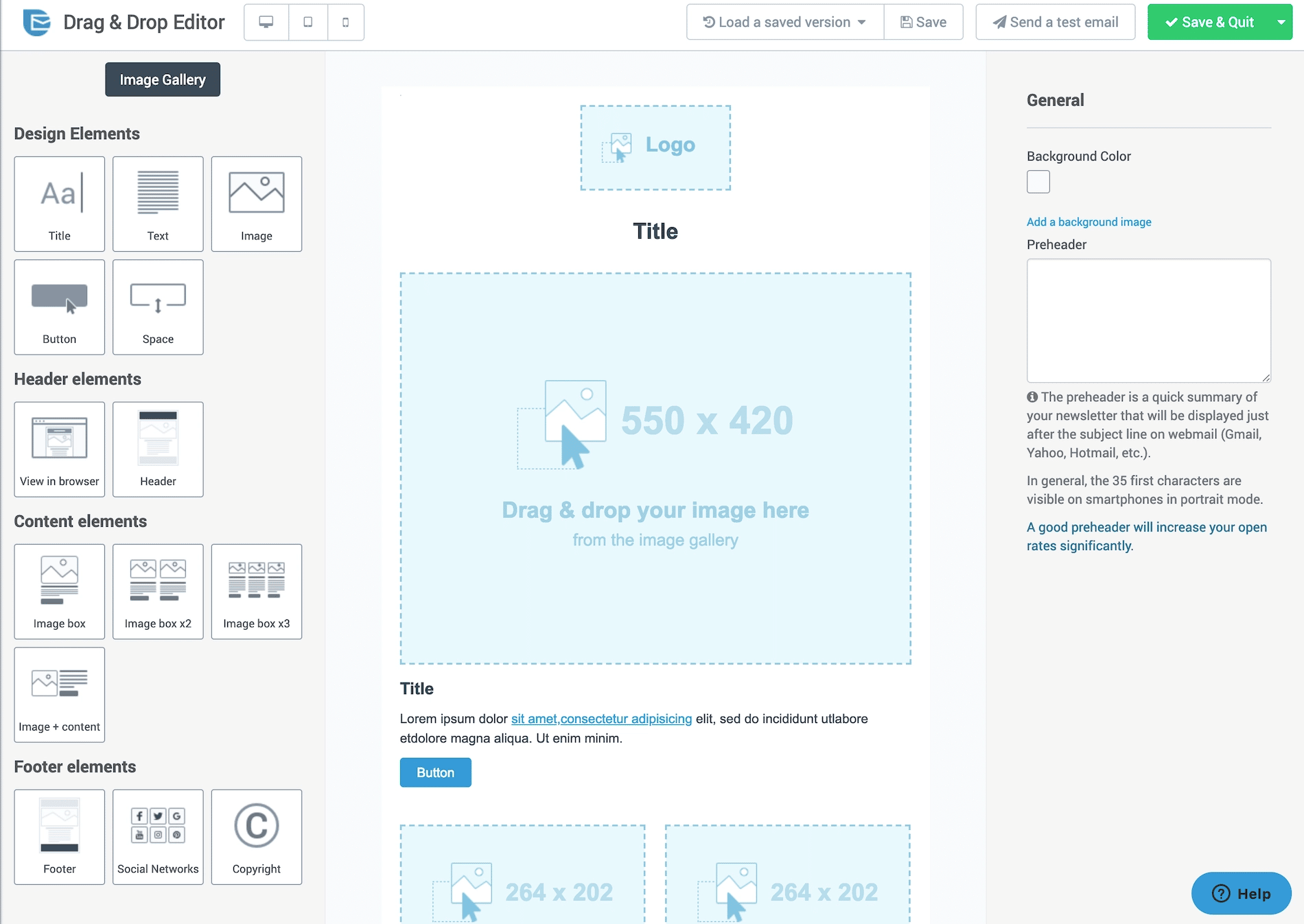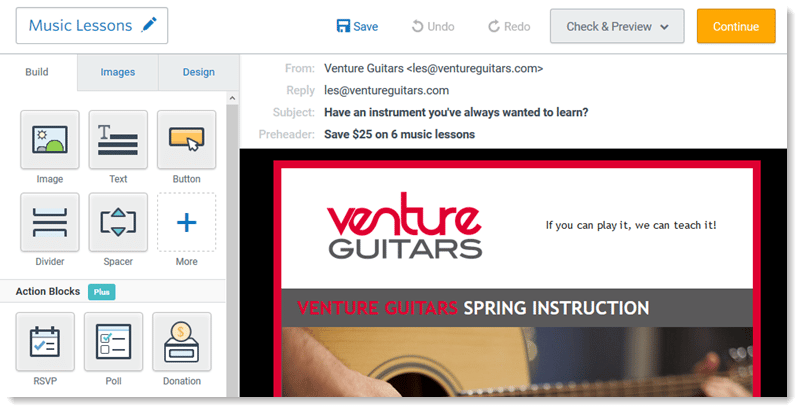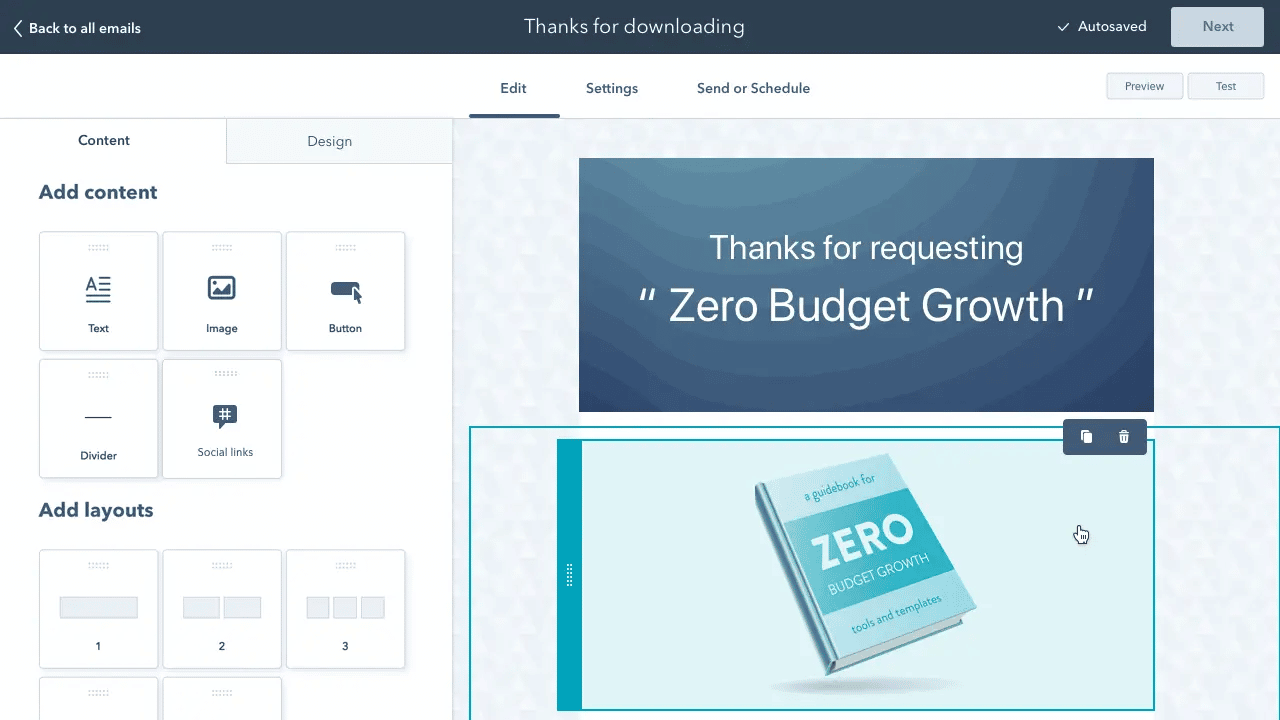Top 8 Email Messaging Software for Ecommerce Sellers in 2023

Email is still one of the biggest drivers for ecommerce—email marketing accounts for more than 20% of all online sales.
In this article, we’ll look at the best email service providers (ESP) for ecommerce sellers so you can start building your email list and getting those sweet conversions.
Related Listening: Episode 159: 3 Key Email Marketing Sequences for Your Ecommerce Business
Quick Price Comparison
| Klaviro | MailChimp | AWeber | Drip | OmniSend | SendinBlue | Constant Contact | HubSpot | |
|---|---|---|---|---|---|---|---|---|
| Free Plan | Up to 250 contacts | Up to 1500 contacts | Up to 500 contacts | 14-day free trial | Up to 350 contacts | Unlimited contacts for up to 300 emails/day | No free plan | Free Demo (sign up required) |
| 2500 email contacts | $60/month | $34/month (Essentials Plan) | $26.15/month | $39/month | $35/month | *$25/month for an email volume of 20,000 (Unlimited email contacts) | $70/month | *$135/month (Up to 3000 contacts; Price tiers are in increments of 1000 contacts) |
Klaviyo
In-depth analytics
Like we mentioned in our Ultimate Guide to Email Automation, Klaviyo is the go-to email service provider for most ecommerce companies, and with good reason. It’s specifically designed for ecommerce stores, which is also why we use it for most of our brands.
Key features:
- One-click integration with Shopify
- Advanced analytics and performance reports
Whereas most other ESPs on this list are designed to send emails, Klaviyo was specifically designed to capture customer data from ecommerce stores and leverage that data to create personalized email campaigns and nurture leads. Klaviyo has top-notch integrations, segmentation, and analytics features.
Some great reporting metrics that you can easily access through Klaviyo include bounced messages, clicked emails, dropped emails, marked as spam, opened emails, received emails, and subscribe/unsubscribe rates. It also allows you to customize the analytics dashboard to show only the data you want and how you want it visualized.
That being said, Klaviyo is not exactly cheap relative to other ESPs on this list, which means it might not be feasible if you’re running a small-scale ecommerce brand or are only just getting your first email messaging software.
Klaviyo Pros
- Data-tracking, reporting, and analytics are among the best in the industry
- Advanced automation strategy
- All-inclusive pricing—a Klaviyo plan gives access to all features, unlike MainChimp which requires you to update to another tier as your list grows
Klaviyo Cons
- Pricier than most other email services
- Templates are relatively difficult to make from scratch
Pricing: Klaviyo offers a Free package for up to 250 contacts and up to 500 email sends. It’s $60/month for somewhere between 1500-2500 email contacts.
Related Reading: How to Write Killer Emails for Ecommerce
MailChimp
Flexible and well-rounded
Still one of the most popular ESPs since its 2001 outing, MailChimp is a fitting choice for ecommerce sellers who don’t really want all the bells and whistles that Klaviyo offers and prefer just the essentials. It offers a minimalistic design, but also a wide selection of features. A lot of sellers consider MailChimp to be more ideal for content-based sites (such as your own authority blog for external traffic) rather than ecommerce stores.
Key features:
- Simple design
- Useful A/B testing platform
As far as automation goes, MailChimp will let you automate abandoned cart emails, product recommendations, order notifications, and retargeting emails. It also comes with a Customer Journey Builder to help you automatically engage with customers on all stages of the buyer’s journey.
MailChimp Pros
- User-friendly interface; Easy to set up ecommerce newsletter
- Reminders and Recommendations for better emails
- A/B testing feature lets you compare up to 3 newsletter variations
MailChimp Cons
- List management/List cleaning can be difficult
- Lack of Tags to further define customers—all you get is “Groups” and “Segments”
- No deep dive nor specific behavior tracking
- No Facebook audience integration
Pricing: MailChimp offers a Free plan for up to 1500 contacts for a limited feature set, then the pricing between plans varies based on the number of email contacts. A list with 2500 contacts will set you back $34 for the Essentials Plan, $59 for the Standard Plan, and $299 for the Premium Plan.
AWeber
Simple and direct
Although still popular, AWeber offers pretty basic marketing automation features compared to the two previous options. Its reporting and analytics features are not exactly on par with the others on this list.
Key Features:
- AI-powered email builder
- Tagging and dynamic content
Where AWeber shines is on the simplicity front. It’s a fitting choice if you’re looking for a no-nonsense email software that lets you run newsletters and set up autoresponder emails. Needless to say, it’s a great platform for small businesses and small content marketing teams.
AWeber Pros
- Simple, AI-powered drag-and-drop builder
- Budget-friendly
AWeber Cons
- Limited feature set and analytics
Pricing: AWeber is Free for up to 500 email contacts. Paid plans start at $16.15/month, and it will cost $26.15/month for up to 2500 contacts.
Drip
The medium-scale option
Drip is a pretty flexible platform that offers a lot of the capabilities as the other entries on this list. More importantly, it offers email and SMS marketing automation and Facebook integration, which have become very useful for ecommerce brands over the years.
Key features:
- Seamless integration to most ecommerce platforms
- Facebook integration and SMS marketing
Many ecommerce sellers choose Drip for its seamless integration with most ecommerce platforms, including Shopify, Magento, and WooCommerce. Its ecommerce CRM data lets you craft personalized marketing, marketing, and segmentation based on various criteria.
Drip also integrates with Facebook Custom Audiences, allowing you to create campaigns for various channels on social media. Also worth noting is its SMS marketing feature, which is particularly useful for engaging with customers over abandoned carts or promotions.
Drip Pros
- SMS automation and Facebook integration
- Seamless integration to most ecommerce platforms
Drip Cons
- Data-collection and analytics are not as advanced
Pricing: Drip is available for a 14-day Free Trial, after which a 2500-entry contact list will cost $39/month.
Related Reading: Top 5 Social Media Management Software for Sellers in 2022
OmniSend
An omnichannel solution
As its name suggests, OmniSend’s offering includes email marketing as well as SMS + web push notifications. While most ESPs restrict access for their free plans, OmniSend’s free plan already comes with features like pre-built automation workflows, subscriber segmentation, A/B testing, and performance reports, although you will still need to upgrade to a paid plan as your contact list grows.
Key features:
- All features included in free plan
- SMS + web push notifications
Omnisend integrates with all the popular website builder and ecommerce platforms like WooCommerce, Shopify, and BigCommerce.
OmniSend Pros
- User-friendly with clean backend design
- Built-in SMS marketing feature
OmniSend Cons
- Limited email design options
- Requires to input data from scratch when launching a new social media campaign
Pricing: OmniSend is Free for up to 250 email contacts, while a paid plan starts at $16/month. An email list of 2500 contacts costs $35/month ($59/month for Email + SMS).
Sendinblue
For transactional emails
Also a strong alternative, SendinBlue is pitched as an all-in-one software covering email, SMS, Facebook, CRM, etc. It is one of the fastest growing email marketing platforms in Europe and is also catching on among US-based sellers.
Key Features:
- Built-in CRM
- Built-in SMS and Chat
- Facebook Ads for lead generation.
SendinBlue Pros
- Beginner-friendly email builder and automation interface
- Free plan allows unlimited contacts for up to 300 emails/day (All emails will have SendinBlue branding)
- Wide range of transactional email and SMS features
SendinBlue Cons
- Limited integration with third parties
- Data importing can be tricky
Pricing: SendinBlue is free for up to 300 emails per day to unlimited contacts. Paid plans start at $25/month for up to 20,000 emails.
Constant Contact
A solid alternative
Constant Constant is best known for its intuitive dashboard and easy-access features. It features the standard drag-and-drop email builder, automation and A/B testing features, and social media marketing tools. It also comes with support over the phone or live chat as well as training materials and CRM.
Constant Contact Pros
- Social media campaigning
- Great support accroding to many users
Constant Contact Cons
- No free plan
- Pricier than most other ESPs
Pricing: Constant Contact is the only entry on this list without a Free Plan. The Core plan with limited functionality goes for $9.99/month, while the Plus Plan with a complete feature set is $70/month for up to 2500 contacts.
HubSpot
All-in-one
Part of the company’s broader Marketing Hub plan, the HubSpot email marketing tool comes with pretty much all features that you would expect, making it ideal for growing businesses eying a full suite of features on top of an email marketing solution. Its enterprise-level software features things like send time optimization, high email deliverability, A/B testing, detailed performance analytics, marketing automation, drip campaigns, and more. These things make HubSpot the go-to choice for B2B service companies.
Key Features:
- Built on HubSpot CRM platform
- All-in-one marketing platform
- Wide range of integrations
HubSpot Pros
- HubSpot CRM allows for personalization
- All-in-one marketing platform: Includes email, CRM, website builder, and sales tools
HubSpot Cons
- Crafting automations can be tedious
- Pricy, and costs can up up if your business requires a lot of integrations
Pricing: HubSpot offers a Free Demo, while paid plans start at $45/month for up to 1000 marketing contacts. The Starter Plan costs $135/month for up to 3000 contacts.
Conclusion
Growing an email list and crafting engaging email campaigns goes a long way for ecommerce businesses. While there’s no one-size-fits-all software out there, this comparison should give you an idea which software to go for based on your brand’s needs.
What email marketing software are you currently using? Let us know your experience in the comments down below.
